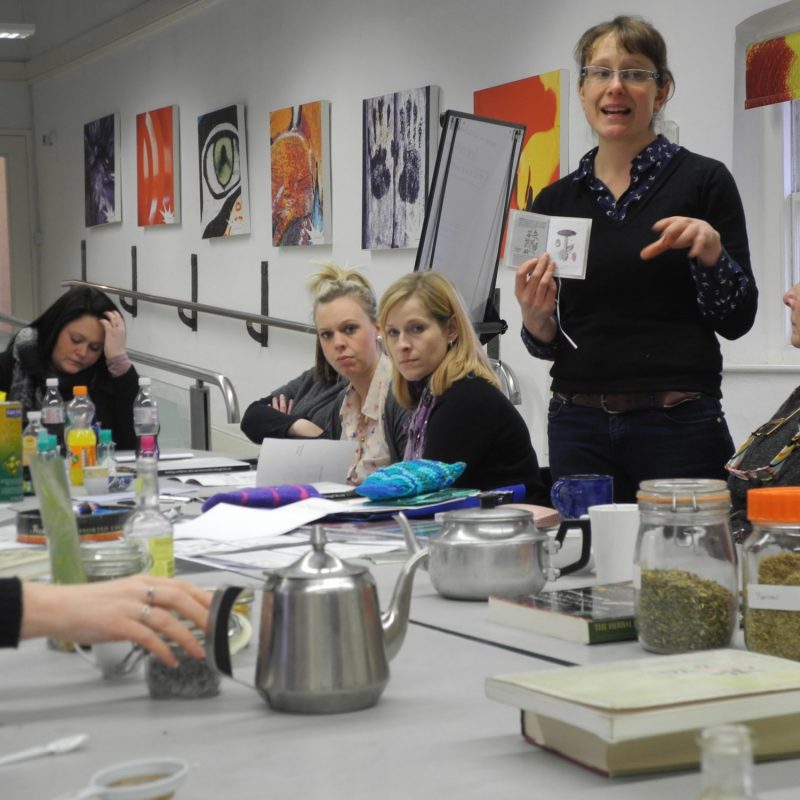Old content
This post is over 3 years old. Some of the content might be out of date. If your after something more up date, check out our latest posts. If you want to find out more about the content on this page, contact us.
Art can play an important role in the care of older people: it can be used promote a sense of belonging and identity, choice and self-determination, build confidence & friendships, stimulate expression and lifelong learning. Working with artist on collaborative pieces of work can show older people that their individual contribution is valued.
It is crucial to view older people as continuing to contribute our society and not assume that once they go into specialist care, or become isolated, that they become one homogeneous group. If we ensure that choices are available to them, the connections made amongst a group of peers in older life can be nurturing, enjoyable and empowering.
“Artistic expression can particularly explore and challenge stereotypes and assumptions, revealing the glorious complexities of getting through life. Older people’s perspectives, as they create new works of art, bring a wealth of possibilities of subjects, forms and contexts that can enrich the cultural offer for very many people”.
K. Organ, After you are two: Exemplary practice in participatory arts with older people, 2013. Page 9
The day began with an introduction by Kate Gant, setting the national arts and health scene, and her role as one of the Directors of the Creative Health CIC in the West Midlands. She spoke about the importance of quality in the work that we deliver with older people and participants were asked to discuss the notion of quality and what it means within the context of their daily work. The discussions were lively and as expected, there was no singular answer to this question.
The next speaker was Clare Batty, National Development Officer from the Beth Johnson Foundation speaking about their recent work regarding age-friendly Cities. She referred to the importance of moving away from the medical and social care models and looking at older people as citizens and individuals in the context of community life.
Clare has carried out a series of visits over the last year to cities including Nottingham, Manchester, Stoke-on-Trent and Newcastle. This approach has offered those involved an increased pool of shared knowledge, expertise and experience, whilst identifying and validating good practice. The legacy for this work has resulted in several reports that are now available on the Beth Johnson Foundations website. The work has also supported cities to develop strategies to engage older people with arts and cultural activities.
Lucy Atkinson from the award-winning, family-run Church Farm at Skylarks in West Bridgford spoke about their approach to dementia care. The residential care home is a bespoke building that accommodates older people affected by dementia. It is based upon the principles of Dr David Sheard, chief executive/founder of Dementia Care Matters, following an approach to care by focusing on the person rather than the dementia. All residents can expect facilities that include rooms providing access to its own private garden, various shared living areas, café and gardens, and a comprehensive activity plan to ensure minds and bodies are kept active. There are future plans to develop a hairdressers, shop and pub, and to open up a further 30 rooms making Church Farm at Skylarks into a Dementia Community. This inspirational home was met with interest by participants who attended the event as an exemplar of what can be achieved with careful planning and an ethos and culture of change regarding older people’s care.
I spoke about our journey of discovery delivering arts programmes with older people and presented on the recent Creativity in Care work delivered in partnership with Nottinghamshire County Council. A full report of this project will be available to download on our website very soon.
